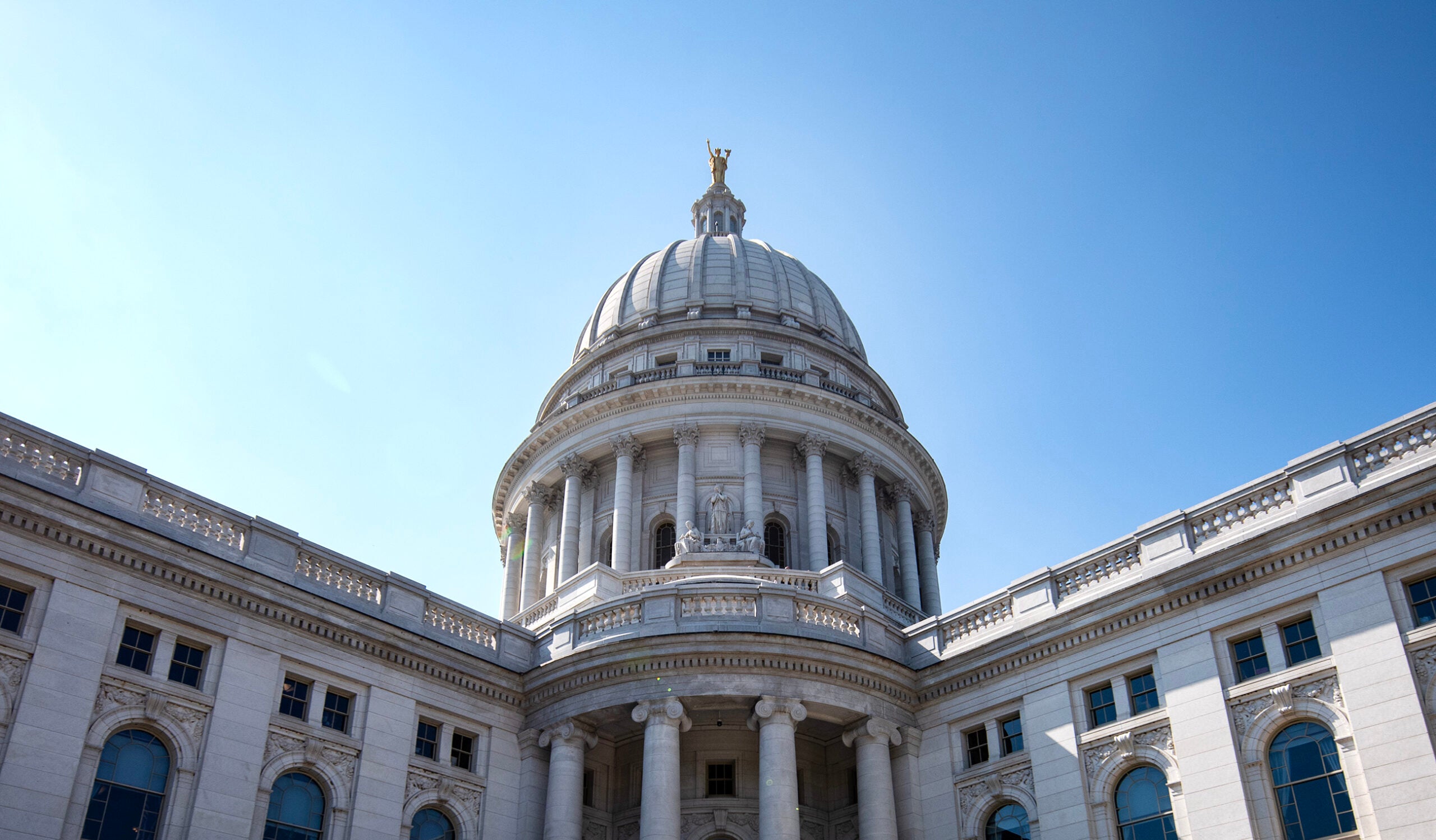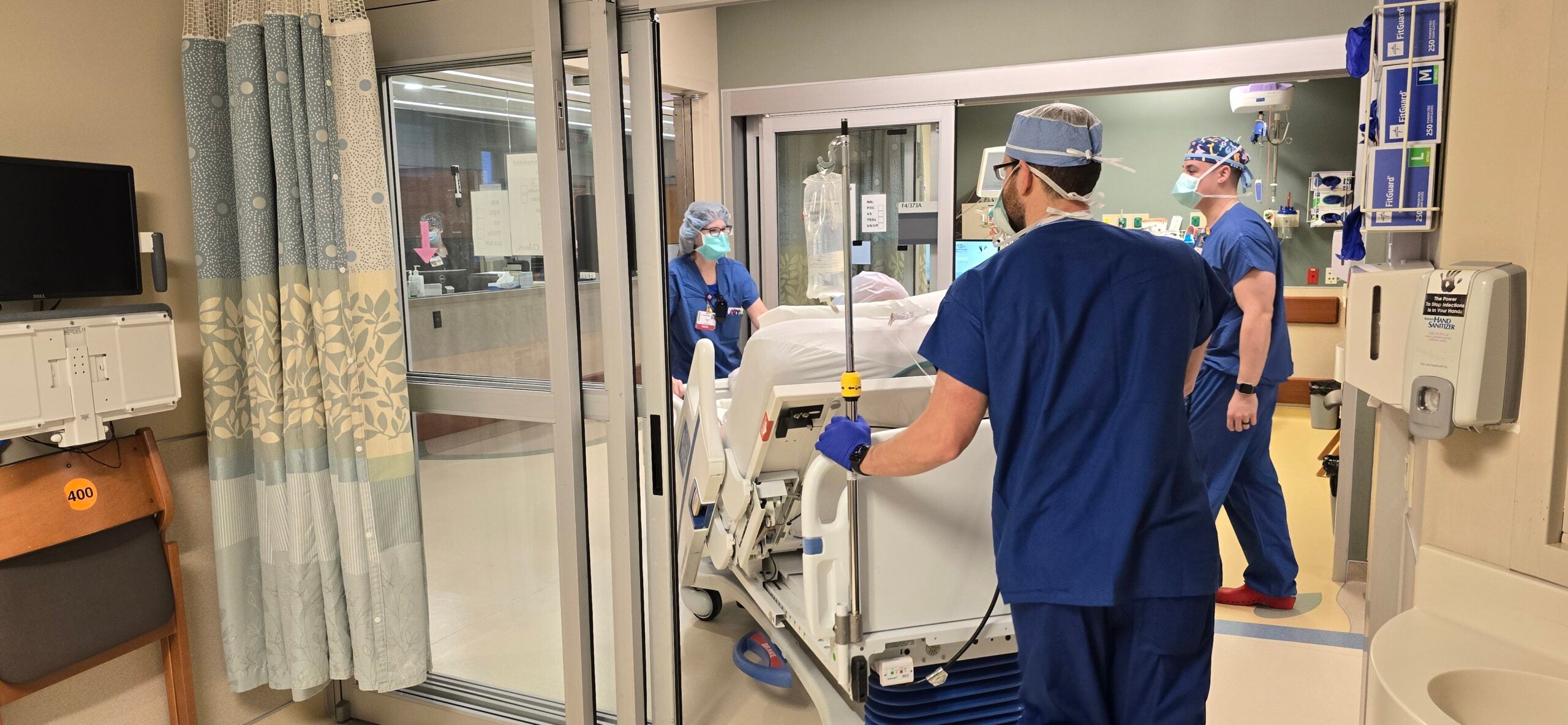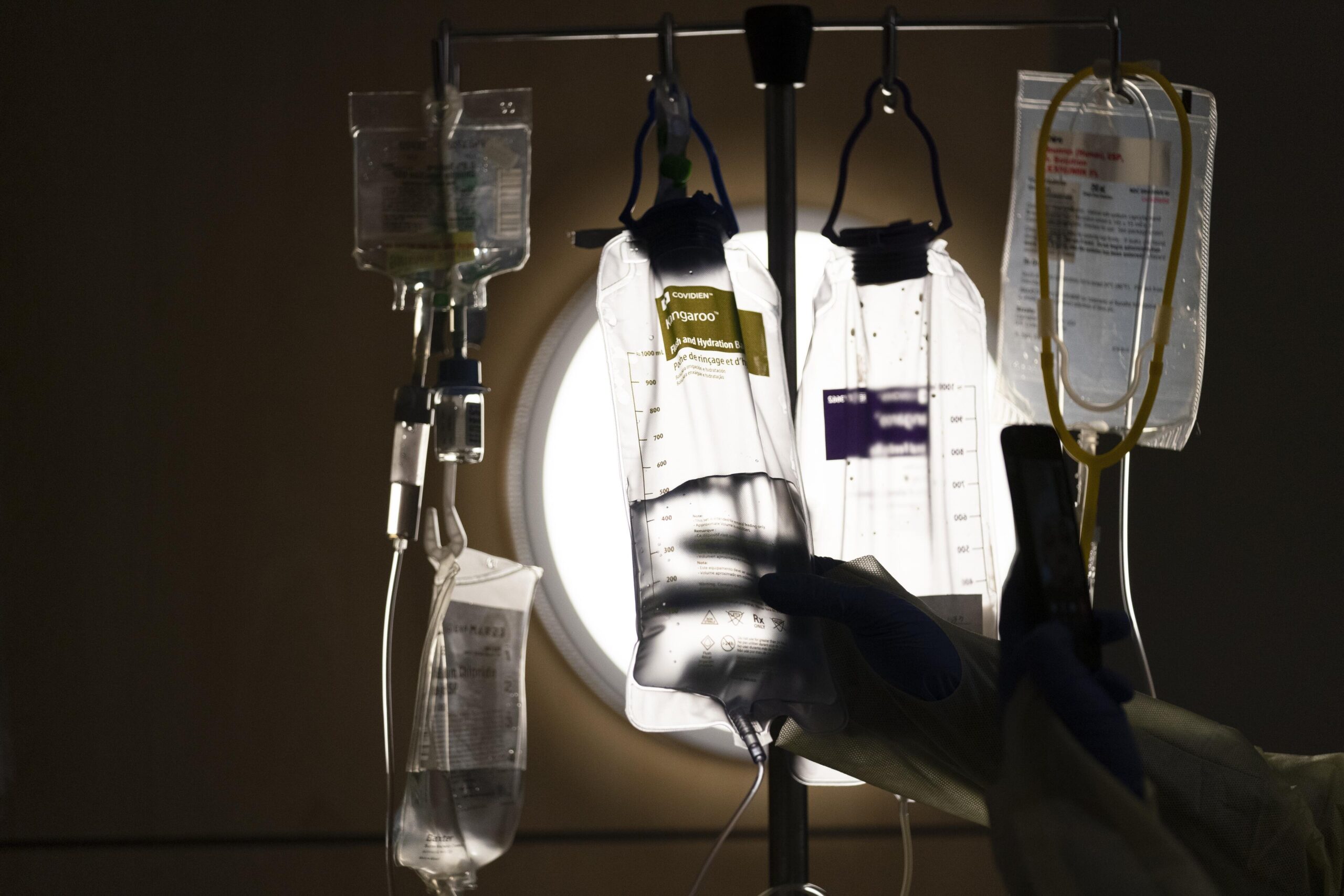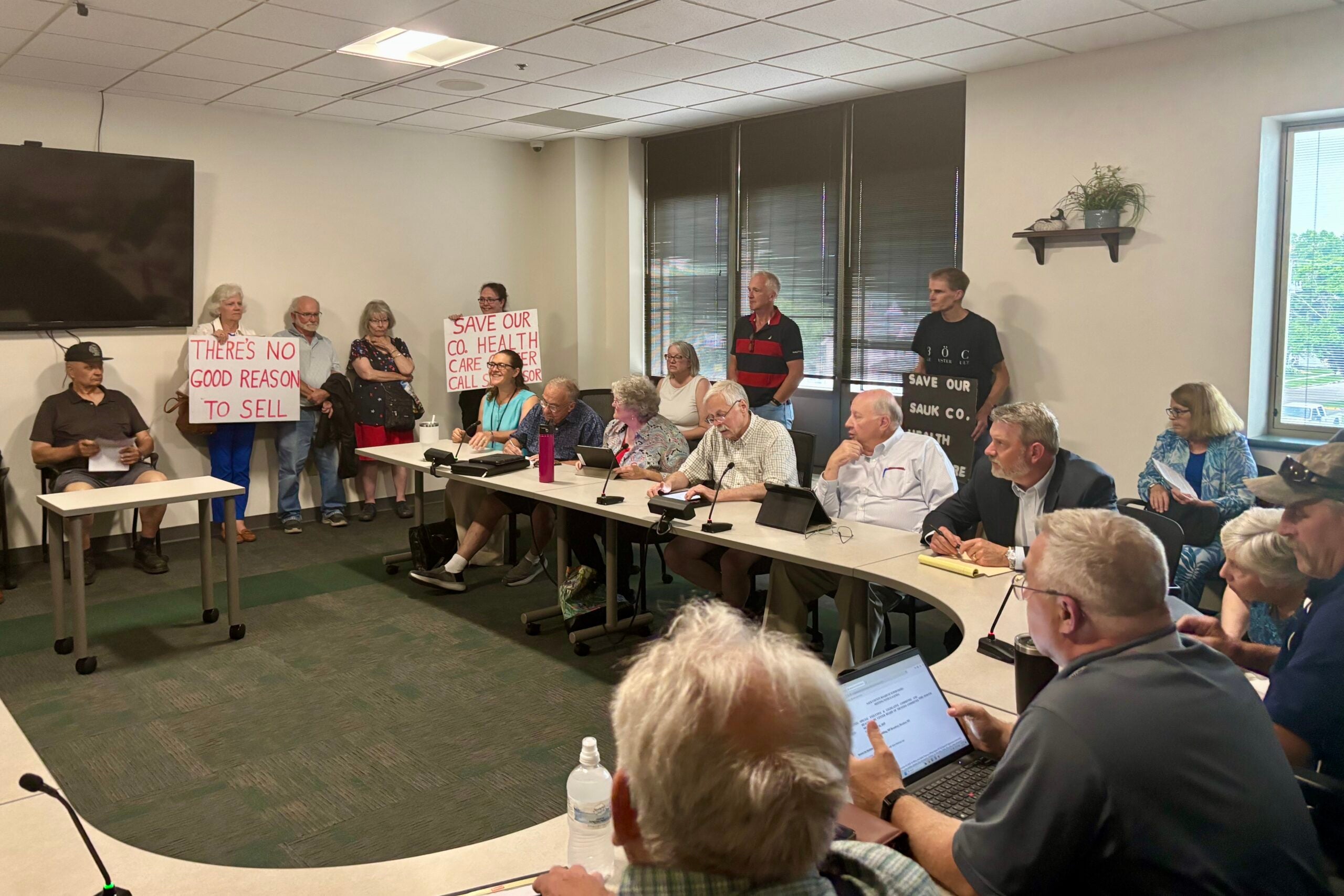Dycora Transitional Health and Living Center, which operates eight skilled nursing facilities — or nursing homes — in Wisconsin is under new management as it goes through receivership.
The receivership decision is a growing trend among the state’s nursing home operators struggling with Wisconsin’s current Medicaid reimbursement system.
Receivership is a court proceeding similar to bankruptcy that allows employees to continue to be paid and operations to continue, with the ultimate goal of giving a company time to get back on good financial footing to avoid bankruptcy.
News with a little more humanity
WPR’s “Wisconsin Today” newsletter keeps you connected to the state you love without feeling overwhelmed. No paywall. No agenda. No corporate filter.
Menominee River, an affiliate of nursing home operator Golden Living, will operate the facilities during the transition.
Michael Polsky, an attorney with Beck, Chaet, Bamberger & Polsky was appointed Thursday by the Milwaukee County Circuit Court to act as the receiver. He selected the new operator.
Polsky said the Golden Living affiliate will provide needed support services to the facilities in Abbotsford, Beaver Dam, Fort Atkinson, Muscoda, Watertown, Greendale and two in Glendale.
“Golden Living is one of the best in the business, and I am pleased that they have agreed to take on this important assignment,” Polsky said in a written statement. “They will help stabilize and care for the residents who make their homes at these eight locations.”
Menominee River was selected because the company previously owned all eight facilities before leasing them to Dycora in early 2017, Polsky said.
According to the complaint filed Tuesday in Milwaukee County Circuit Court by the landlord, Dycora had defaulted on their leases and is not “generating sufficient operating income to maintain the business.”
Since mid-March, Dycora has also stated on multiple occasions it would be unable to pay employees and creditors given the company’s financial situation, according to the complaint. Dycora may also lose its property, casualty and general liability insurance to cover losses on the Wisconsin facilities, the complaint states.
Polsky said in a press release there is a plan in place to help ensure all payroll and benefits are provided to employees and that vendors are paid for ongoing services on a timely basis for the services rendered during the receivership process.
Dycora also operates 19 nursing homes in California. The California facilties are not affected.
Julianne Williams, chief operating officer and co-founder of Dycora, said in a written statement that the company has made the decision to focus on a smaller geographic footprint, after careful consideration:
“Ultimately, this decision was necessary due to professional market demands. Medicaid reimbursement challenges in Wisconsin were a major factor in the decision process. We have notified those employees who will be directly impacted by this change in management and will ensure a smooth transition to the state-appointed receiver. We believe releasing the facilities to a receiver is the best way to facilitate an orderly transition of operations. This process will ensure that residents are not displaced and allow our caregivers the ability to continue to do the work they love — caring for our nation’s elderly citizens.”
Since 2016, 30 Wisconsin nursing facilities have closed.
“Providers are really desperate to find a reimbursement system to ensure continued access to high-quality nursing care for Wisconsin residents,” said John Vander Meer, president and CEO of the Wisconsin Health Care Association. “Providers look forward to working with the state Legislature and the governor to find a sustainable funding option within the state budget.”
Vander Meer said about 70 percent of the state’s nursing home residents pay with Medicaid. At the current reimbursement rate, nursing homes lose about $70 to $80 per day, per person, Vander Meer said. Gov. Tony Evers has proposed expanding Medicaid in his budget.
“Unless there is some connnection between the cost of care and the reimbursement that we recieve, there will continue to be significant concerns about sustainablity for facilties in the state of Wisconsin and the significant challenges that they have,” Vander Meer said.
Wisconsin Public Radio, © Copyright 2026, Board of Regents of the University of Wisconsin System and Wisconsin Educational Communications Board.





